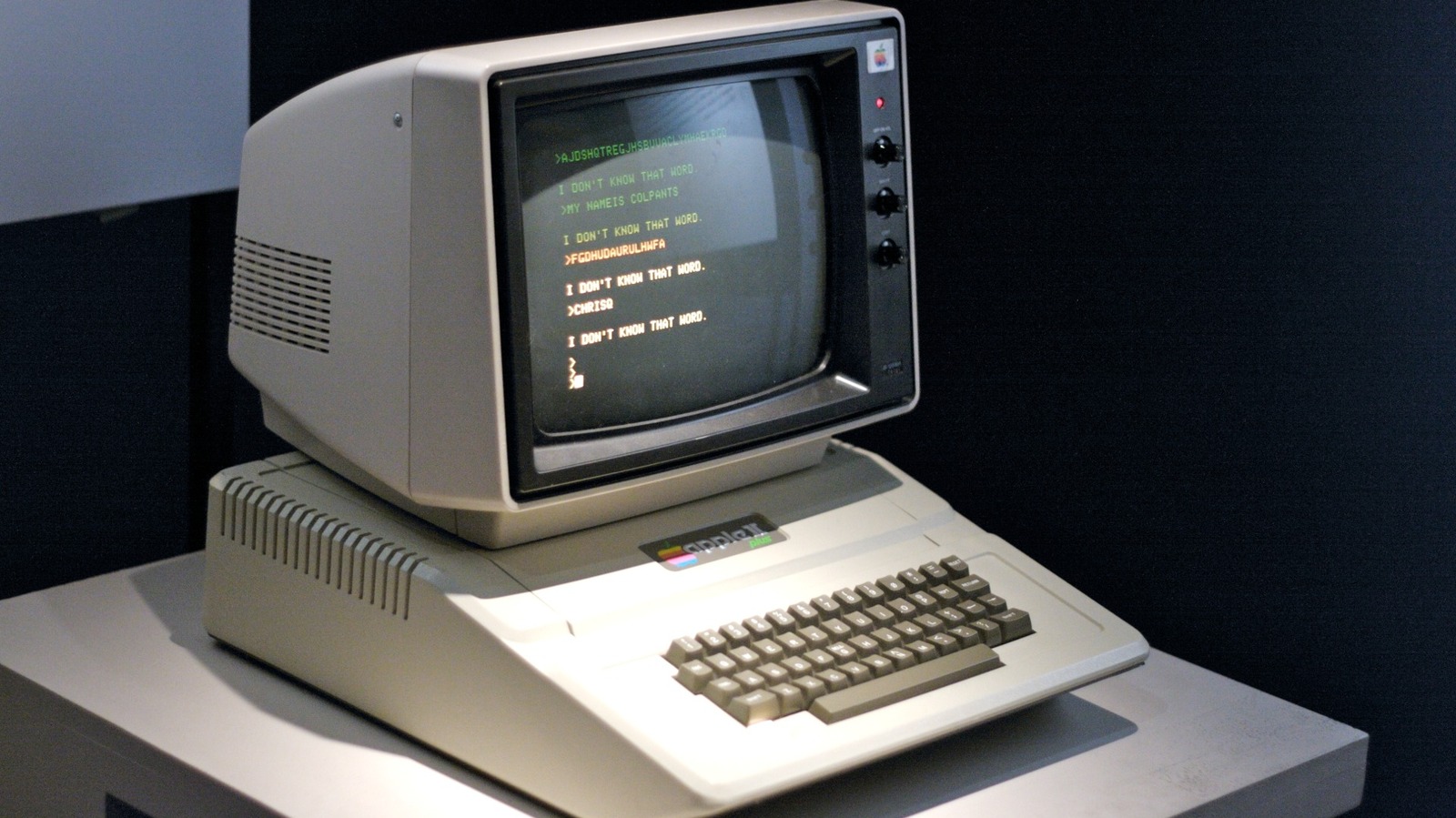Science
Transistors: The Most Mass-Produced Invention in Human History

The most mass-produced invention in human history is not the wheel, the plow, or any other item typically associated with early innovation. Instead, it is the transistor, a fundamental component that has profoundly transformed technology and modern life. Since its introduction in 1947, transistors have surged in production, reaching an astonishing total of over 13 sextillion units by 2018.
The journey of the transistor began at Bell Labs, where the first point-contact transistor was created. Initially, these devices were relatively large and bulky, but they have since evolved dramatically in size and function. The transition from vacuum tubes to transistors marked a pivotal shift in computing technology. As transistors decreased in size, their impact on the speed and efficiency of computers grew exponentially.
Modern transistors are now categorized as metal-oxide semiconductors (MOS), utilizing silicon as their substrate material. These microscopic components are so small that they cannot be seen with the naked eye. Despite this, they play a crucial role in the operation of electronic devices. A single computer can house billions of transistors, which are integral to the functions of the CPU, RAM, GPU, and Solid State Drives (SSDs). For instance, a modern CPU can contain around 40 billion transistors, a dramatic increase from the mere 2,300 found in an Intel chip from 1971.
Advancements in Miniaturization
The trend towards miniaturization is driven by the desire to increase computing power while reducing size. Currently, transistors measure between 3-5 nanometers in width, with a breakthrough achieved in July 2021 when a 1 nm transistor was developed. Given that a silicon atom is approximately 0.2 nm across, further miniaturization is limited by the physical characteristics of silicon itself.
However, researchers are exploring alternative materials that could lead to even smaller transistors in the future. The development of 2D transistors presents promising possibilities for enhancing performance and efficiency in electronics.
The Future of Computing
As technology evolves, the significance of transistors remains paramount. With billions of transistors being produced for each new generation of devices, humanity’s reliance on this invention is unlikely to diminish. Yet, the emergence of quantum computing poses a potential shift in this landscape. Quantum computers leverage qubits rather than traditional transistors, which could redefine the future of computation.
The transistor’s journey from a simple switch to a cornerstone of modern technology underscores its unparalleled production and significance. Recognized as the most mass-produced invention, it has not only reshaped computing but also our way of life, illustrating the profound impact of technological innovation on society.
-

 Entertainment3 months ago
Entertainment3 months agoAnn Ming Reflects on ITV’s ‘I Fought the Law’ Drama
-

 Entertainment4 months ago
Entertainment4 months agoKate Garraway Sells £2 Million Home Amid Financial Struggles
-

 Health3 months ago
Health3 months agoKatie Price Faces New Health Concerns After Cancer Symptoms Resurface
-

 Entertainment3 months ago
Entertainment3 months agoCoronation Street’s Carl Webster Faces Trouble with New Affairs
-

 Entertainment3 months ago
Entertainment3 months agoWhere is Tinder Swindler Simon Leviev? Latest Updates Revealed
-

 World2 weeks ago
World2 weeks agoBailey Announces Heartbreaking Split from Rebecca After Reunion
-

 Entertainment2 weeks ago
Entertainment2 weeks agoCoronation Street Fans React as Todd Faces Heartbreaking Choice
-

 Entertainment4 months ago
Entertainment4 months agoMarkiplier Addresses AI Controversy During Livestream Response
-

 Science1 month ago
Science1 month agoBrian Cox Addresses Claims of Alien Probe in 3I/ATLAS Discovery
-

 Health5 months ago
Health5 months agoCarol Vorderman Reflects on Health Scare and Family Support
-

 Entertainment4 months ago
Entertainment4 months agoKim Cattrall Posts Cryptic Message After HBO’s Sequel Cancellation
-

 Entertainment3 months ago
Entertainment3 months agoOlivia Attwood Opens Up About Fallout with Former Best Friend









